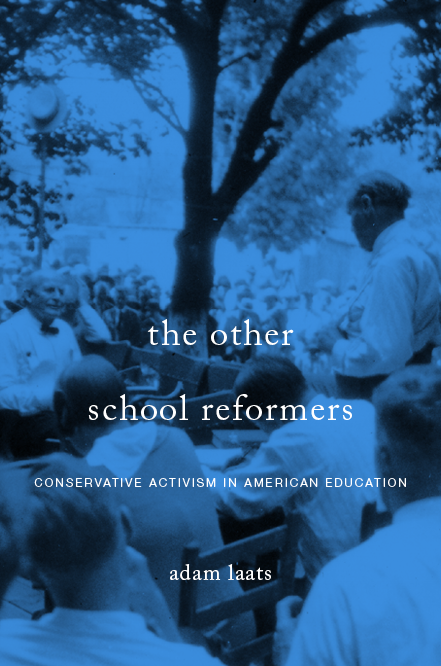When you hear it out loud, it sounds so obvious it’s hard to imagine how anyone could disagree. When Diane Ravitch called recently for a return to “common sense” in education policy, it seemed like an obvious winner. Yet as Ravitch knows as well as anyone, sensible school reform has always been incredibly difficult to pull off. Why? It’s not because “common sense” is uncommon. Rather, it’s because the things that make sense in schools are often directly opposed to one another.
Ravitch was plugging her new book, Slaying Goliath. In her short piece at Time, she lambasted the “Bush-Obama-Trump” idea of high-stakes testing as an educational panacea. It didn’t work. It wasn’t ever going to work. Instead, Ravitch wrote, we need to return to “reforms that work.” They aren’t mysterious. As Ravitch put it,
Children and schools need stability, not disruption. They need experienced teachers and well-maintained schools. All children need schools that have a nurse, counselors, and a library with a librarian. Children need time to play every day. They need nutrition and regular medical check-ups.
All of this is common sense.
It’s hard to disagree. So why are these common-sense reforms so difficult to achieve? The first and most obvious explanation is the oldest story in American school reform. Yes, people want good schools, but they always want to do it on the cheap.
But it’s not just cheapness. Even when reformers have been willing to put money into it, school reform has suffered from an over-abundance of common sense. Ravitch’s vision of common-sense reform is obviously true, but too often, so is its opposite.
I think the late David Tyack and Larry Cuban put it best in 1997 in their book Tinkering Toward Utopia. America’s schools have always carried heavy expectations—expectations that often contradicted one another.
As Tyack and Cuban wrote, schools have always been expected to combine the uncombinable. As they put it, schools have been expected
to socialize [children] to be obedient, yet to teach them to be critical thinkers;
to pass on the best academic knowledge that the past has to offer, yet also to teach marketable and practical skills;
to cultivate cooperation, yet to teach students to compete with one another in school and later in life;
to stress basic skills but also to encourage creativity and higher-order thinking;
to focus on the academic ‘basics’ yet to permit a wide range of choice of courses.
Why don’t more schools and more education policy-makers recognize the obvious truth of Ravitch’s call for common sense? It’s not because common sense is uncommon, but because there are too many competing common-senses out there.
For a lot of Americans, it’s common sense to think that high-stakes tests will be a good measure of school effectiveness.
- But it’s also common sense to notice that one-size-fits-all tests won’t work with America’s diverse educational landscape.
For a lot of Americans, it’s common sense to assume that more school choices will be good for families.
- But it’s also common sense that creating competing schools will divert scarce tax dollars away from hard-up public schools.
We could go on all day. For every obvious reform, there has always been an equally plausible yet opposite reform. In the end we don’t suffer from a lack of common sense. We suffer from a lack of agreement about which common sense actually makes sense for our children.




